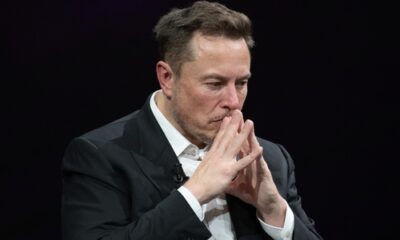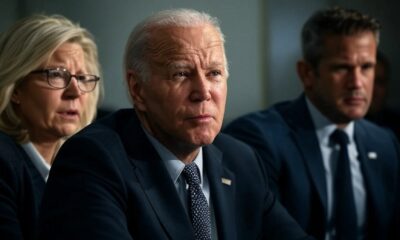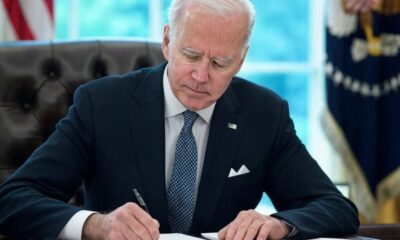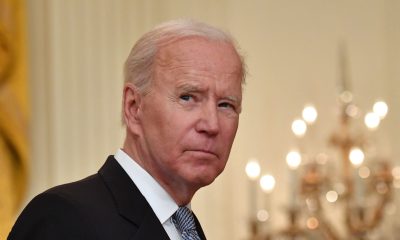Zuckerberg Reveals Biden Administration’s Push For Censorship On Social Media
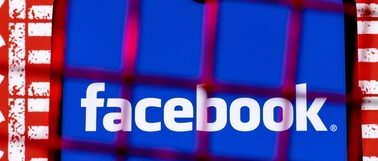
In a recent letter to Congress, Meta CEO Mark Zuckerberg disclosed how the Biden-Harris administration exerted pressure on social media platforms to censor content related to COVID-19 and political issues. Zuckerberg highlighted that White House officials demanded the suppression of discussions on vaccine safety, the origins of COVID-19, and even stories about Hunter Biden’s laptop. The pressure campaign, which included the FBI urging social media to downplay specific stories, led to significant frustration among platform executives, who felt coerced into silencing certain viewpoints.
Zuckerberg’s testimony suggests that the administration’s actions were part of a broader strategy to control the narrative on crucial topics, using social media platforms as tools for political messaging. Facebook, along with other platforms like YouTube and Amazon, faced consistent demands to block content that contradicted the administration’s stance. This included labeling certain COVID-19 discussions as “misinformation” and demoting news that could damage the administration’s image.
The situation escalated when President Biden accused platforms like Facebook of “killing people” by allowing misinformation. Facebook executives were outraged, with some accusing the administration of scapegoating social media to deflect from its own shortcomings in handling the pandemic. Internal emails revealed the tension between maintaining platform integrity and complying with government demands.
In addition to censoring COVID-19 information, Zuckerberg revealed that the FBI played a role in influencing the handling of the Hunter Biden laptop story. Despite knowing the laptop was authentic, the FBI warned of a potential Russian disinformation campaign, leading Facebook to suppress the story. Zuckerberg admitted this was a mistake and pledged to prevent similar incidents in the future.
As the House Judiciary Committee reviews Zuckerberg’s letter, the revelations have sparked a broader debate about government overreach and the role of social media in shaping public discourse. This incident underscores the delicate balance between free speech and government influence in the digital age.
